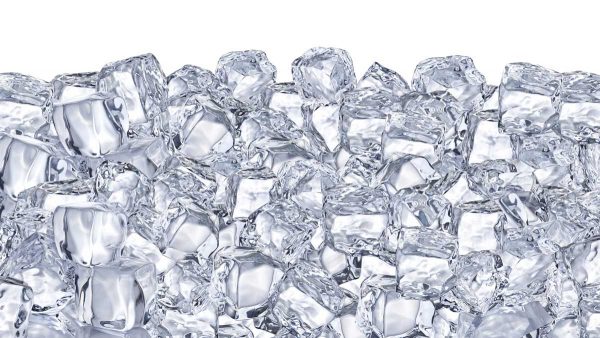Freezing water: your building’s worst winter enemy

Winter is hard on everyone, but it’s particularly hard on buildings. Cold weather can cause issues that get overlooked in the summer months to come to the fore, and if left untreated some of these issues can cause tremendous maintenance headaches.
Freezing water is the culprit for most of the major winter issues you’ll deal with. When water freezes, it becomes hard and expands. This property is great for cooling your drinks—but it’s not great for the health of a building. Both the interior and the exterior of a structure can suffer due to the effects of freezing water.
Interior freezing water
There’s one problem that strikes fear into the heart of every building maintenance crew in the winter: frozen pipes.
When water pipes freeze, the water inside expands, causing cracks or shattering the pipe entirely. That causes leaks that can cause anywhere from thousands to hundreds of thousands of dollars of damage depending on size, scope, location and time before detection.
The pipes most at risk for this sort of freezing and expansion tend to be in unheated areas of a building or close to the outside walls. Any that run outside of the building are at special risk. Before it gets cold outside, conduct a walk around the outside to make sure you don’t have anything exposed that could be in danger in the winter months. Products like insulation and heat tape can provided quick solutions, but more effective solutions might involve rerouting or extra structure.
You should also do a walk around the building any time there’s a hard freeze. Check for patches of ice where there’s no other ice nearby. This can indicate an underground water leak. You should also inspect all outside faucets and exposed pipes for signs of freezing.
Frozen pipes can be a problem, but if you stay on top of your maintenance checks you can get ahead. Make sure you don’t get caught out.
Exterior freezing water
The exterior surface of a commercial building is sturdy, but one of its biggest enemies is water. If water enters porous areas of the building envelope it can freeze and expand to shatter mortar, tear apart stucco and create avenues for even more water to get in and wreak havoc.
Waterproofing the exterior will keep this to a minimum. There are a variety of products that can be used depending on the building’s age and type of construction, and it’s best to consult a professional to find which are the best.
Freezing water can damage any building if not held in check. But your building doesn’t have to be one of them. If you’re worried about the impact freezing water can have on your business, call JK Industries today and we’ll get you sorted out.
